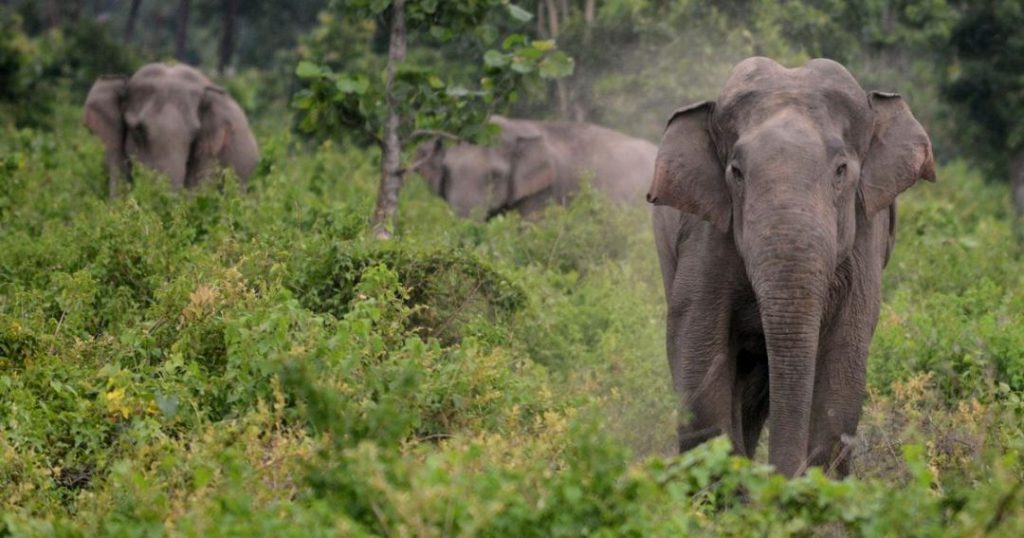
K’taka’s Kodagu plans relocation of 185 elephants amid conflict
The increasing human-wildlife conflict in Karnataka’s Kodagu district has led to a major decision by the State Wildlife Board to relocate 185 wild elephants from the region. The move aims to address the escalating tensions between humans and animals, particularly in the Kutta region bordering Kerala.
The discussion on the relocation plan was led by Sanketh Poovaiah, a member of the State Wildlife Board, who announced the decision at a recent meeting. The forest department will be responsible for the relocation process, which is expected to begin soon.
The Kutta region, which is a popular tourist destination, has been plagued by frequent encounters between humans and elephants. The region’s dense forests and tea plantations have created a perfect habitat for the elephants, leading to an increase in their population. However, this has also led to conflicts with humans, resulting in damage to crops and properties.
The relocation plan is aimed at reducing the human-wildlife conflict by moving the elephants to a more suitable habitat. The forest department has identified several locations, including the Western Ghats, where the elephants can be relocated.
The decision to relocate the elephants comes at a time when the elephant population in Kodagu is increasing rapidly. According to reports, the region is home to over 500 wild elephants, which is a significant increase from the 300-400 elephants that were present in the region a few years ago.
The increasing elephant population has put pressure on the forest department to take measures to manage the situation. The department has been working closely with local authorities and NGOs to develop a plan to address the issue.
The relocation plan is expected to involve several steps, including capturing and relocating the elephants, creating a safe passage for them to move to their new habitat, and providing them with food and shelter.
The forest department is working with local authorities to identify the most suitable locations for the relocation. The department is also working with NGOs to develop a plan to monitor the elephants and ensure their well-being.
The decision to relocate the elephants has received a mixed response from locals. While some have welcomed the move, others have expressed concerns about the impact it may have on their livelihoods.
The relocation plan is expected to have a significant impact on the local economy, as it may affect the livelihoods of people who depend on the forest for their livelihood. The forest department is working with local authorities to develop a plan to mitigate the impact on the local economy.
In conclusion, the decision to relocate 185 wild elephants from Karnataka’s Kodagu district is a major step forward in addressing the escalating human-wildlife conflict in the region. The relocation plan aims to reduce the conflict by moving the elephants to a more suitable habitat and providing them with the necessary support to thrive.
Sources:






